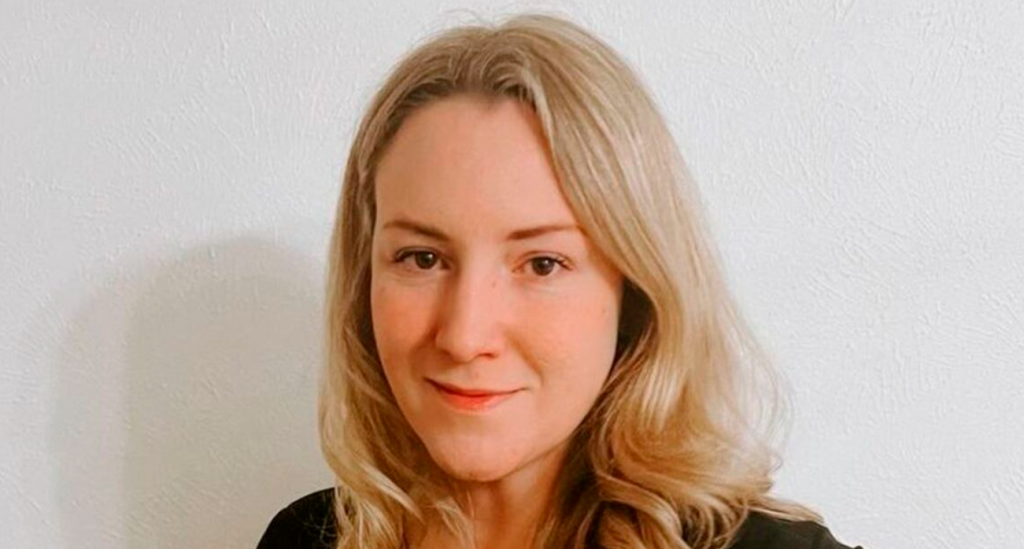Others are reading now
Kate Cox, a pregnant woman from Texas diagnosed with a fatal fetal illness, faces a legal battle as the Texas Supreme Court temporarily blocks her right to an abortion, reported by ABCNEWS.
Despite winning a historic ruling for a so-called emergency abortion, Texas’ highest court is reassessing the decision, leaving Cox in a precarious medical and legal situation.
Cox, 20 weeks pregnant with a fetus diagnosed with trisomy 18, a typically fatal condition, initially won the right to an abortion under emergency circumstances. However, the Texas Supreme Court’s intervention has now put this decision on hold.
Also read
Molly Duane, Cox’s attorney, expressed concern about the delay, stating, “Delayed justice in this case might be denied justice. We are talking about urgent medical care. Kate is already 20 weeks along. That’s why people shouldn’t have to beg for healthcare in a courtroom.”
Cox’s situation is complicated by her medical history, having undergone two cesarean sections previously.
A third C-section would pose a significant risk to her future ability to have children. The legal documents highlight the potential of Cox losing the ability to become a mother due to the restrictive abortion law in Texas.
Texas is one of the 13 states with near-total abortion bans at almost all stages of pregnancy. Despite Cox’s severe cramps and fluid loss, leading to four emergency room visits, a legal abortion was initially not an option.
Jonathan Stone, the state’s attorney, argued that Cox hadn’t proven immediate and irreparable harm, a point heavily criticized by Duane. She described the state’s stance as cruel and dangerous, emphasizing that a woman must be “near death” to qualify for an emergency abortion.
This case marks the first time since 1973 that a pregnant person has sought a court’s intervention for an emergency abortion. “It’s unforgivable that she was forced to go to court to ask for this amid a medical emergency,” Duane said in court.
As Cox awaits the Texas Supreme Court’s decision, the case highlights the restrictive nature of the state’s abortion law and the fear among doctors of prosecution, leaving many women with complications during pregnancy without legal recourse.


